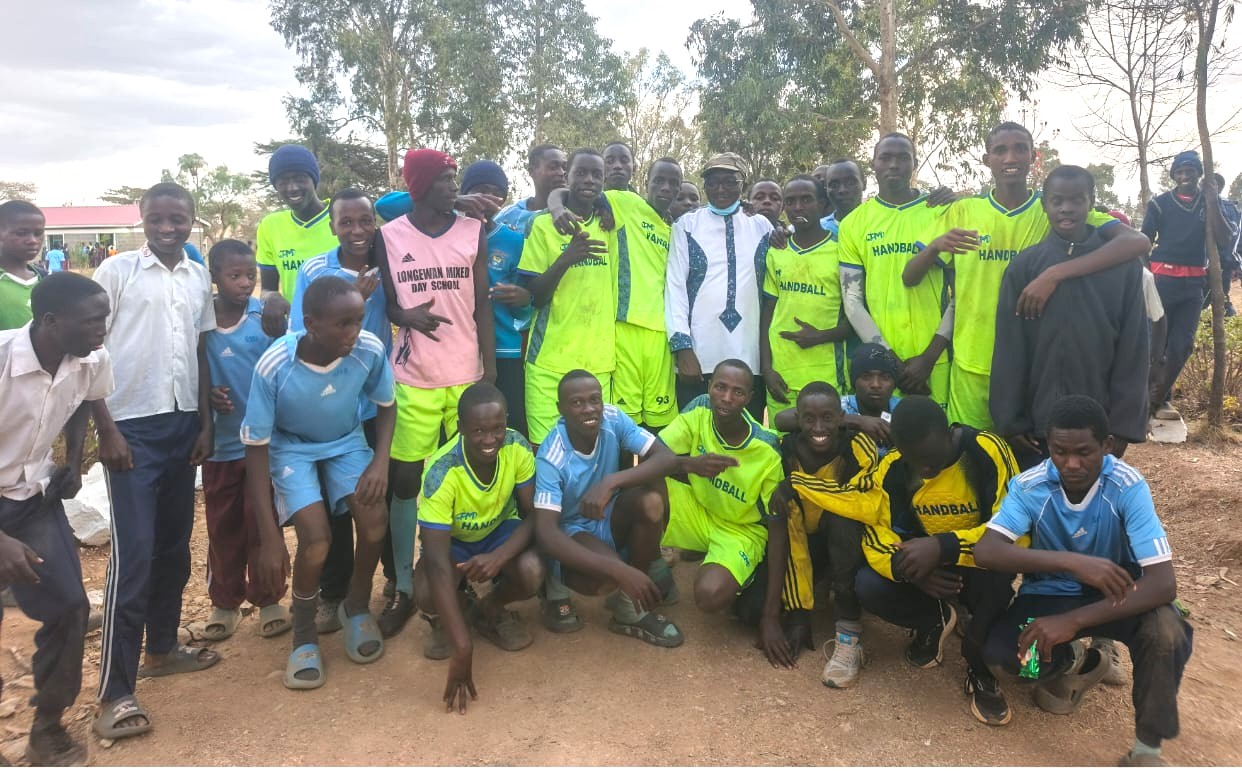In 2005, the people of Bar Sauri Village in Gem became big beneficiaries of the Millennium Village Project (MVP). The philanthropic project brought glad tidings to that nondescript village in Siaya County. So, villagers basked in the great grace of abundance. Actually, Bar Sauri was the only village selected in Kenya. Other villages in Africa under the same profitable project were in countries such as Ethiopia, Tanzania, Uganda, Rwanda, Malawi, Nigeria, Senegal, Mali and Ghana.
Indeed, a stroke of luck happened in a village in that age. It was a demonstration project of the Earth Institute at Columbia University, the United Nations Development Programme and the Millennium Promise. In fact, at the birth of MVP, Jeffrey Sachs, the philanthropic founder, posited that Bar Sauri was going to be a shining example of a successful project. The project was going to break the backbone of poverty, hence entice prosperity. This featured in The Diary of Angelina Jolie and Dr. Jeffrey Sachs in Africa.
Ideally, MVP relied on an integrated approach to rural development to achieve Millennium Development Goals (MDGs) — the eight globally-endorsed targets envisioned to address problems of poverty, health, gender, equality and disease by 2015. Somehow, the MVP website is still active. But the project ended with its final evaluation in 2015. For it was to span from 2005 to 2015. It occurred in two phases: the first phase (2004-2010), and the second phase (2011-2015).
Actually, the first phase pitched its tent on five important areas: One, there was agriculture, which focused on a sufficient supply of seeds and fertiliser, training of farmers and expansion of storage. Two, there was the health aspect, which revolved around the installation of mosquito nets, a sufficient supply of vaccines, and proper pest control. Three, there was education, which prioritised upgrading of schools and installation of enough water supply. Four, there was infrastructure that put premium on sanitation and roads. Five, they focused on business development, including micro-credit and cooperative training.
Moreover, the second phase went straight into enhancement and development of programmes planned in the first phase. Proponents of the project achieved their main mandate by improving easy access to clean water, basic education, basic health care and ensuring that people lived in a salubrious environment. Again, the brilliant thought focused on yanking villagers out of the pit of poverty through science-based interventions such as the provision of improved seeds and fertilisers. They also convened serious seminars to sensitise farmers on best agricultural practices. Luckily, farmers dropped old and tired approaches to crop production.
READ ALSO:
It is instructive to note. MVP had a puissant impact on Bar Sauri and villages that abut on it like Anyiko and Nyamninia, where the scribe weaving these words was born and brought up. It was during that golden age that pupils in Bar Sauri Primary School enjoyed free, luscious lunch. It, in turn, made teachers expand their contact hours with learners. This made the school become an academic powerhouse that churned out veritable academic giants in KCPE. Most of the pupils scooped marks that made them secure highly coveted chances in schools we lionise as the first 18 national schools in Kenya.
Additionally, the establishment of Bar Sauri Community Hospital to provide accessible basic health care services led to healthy and happy villagers — who rolled up their sleeves to obey the divine duty in Genesis 1:28 — subdue the earth. Unfortunately, when the project finally folded, the village became a pale shadow of its former self. Farmers became forlorn like a festoon of faded flowers. They reverted to their outdated agricultural practices, prompting my pen to pose these glaring questions: What happened to the expected continuity of the Millennium Village Project? Who bewitched us? Why did local leaders fail to come up with stupendous strategies for sustaining the profitable project? Can we attribute the demise of such projects to our dearth of soft skills in Project Management?
Finally, it is sad to state; that after witnessing all modern methods of crop production, our people decided to learn nothing. Now, as I pen this piece, you cannot trace even vestiges of the project in that village once visited by favour and fortune. Meaning, as a society we have a serious problem when it comes to evolving to new ways of doing things. Call it poverty of flexibility and paucity of adaptability as serious soft skills. We are not life-long-learners. No wonder, Alvin Toffler warned us, “The illiterate of the 21st Century will not be those who cannot read and write, but those who cannot learn, un-learn and re-learn.”
Like apostates in matters of faith, we naturally slide back to a flippant past. Yet — the past is a prologue. As we live in the pleasant present, we should focus on the future belonging to people who prepare for it today. As we enjoy the yummy meat of the moment, we should crane our necks, and see beyond the sea. This cannot happen if farmers eat all the seeds of gold, which should wait for the wet season to sprout at the sweet scent of the soil. For when farmers wend that way, what shall they plant when the rain comes to reign by catalysing the fertility of the soil?
By Victor Ochieng’
The writer is a son of Gem based in Nairobi. vochieng.90@gmail.com. 0704420232
You can also follow our social media pages on Twitter: Education News KE and Facebook: Education News Newspaper for timely updates.
>>> Click here to stay up-to-date with trending regional stories
>>> Click here to read more informed opinions on the country’s education landscape






